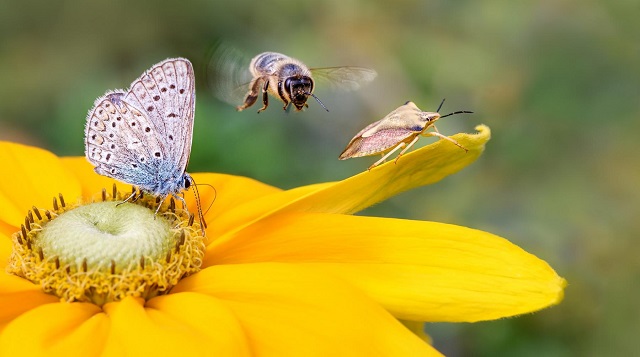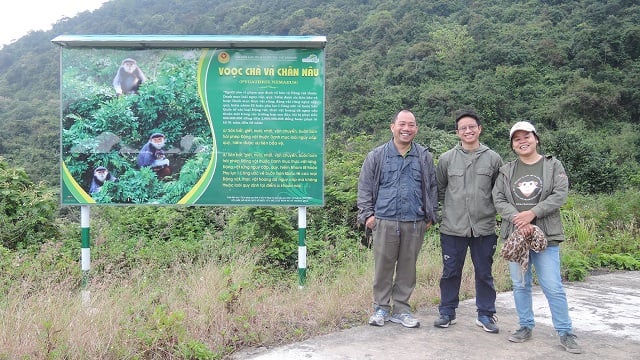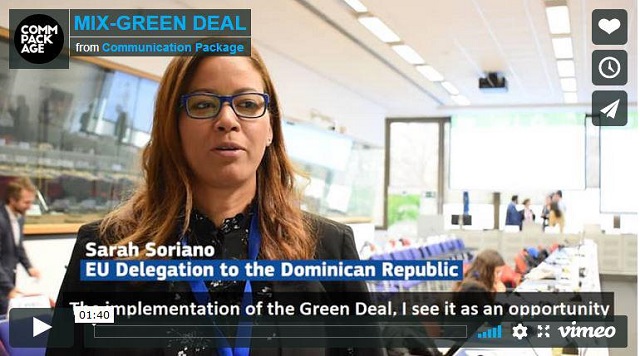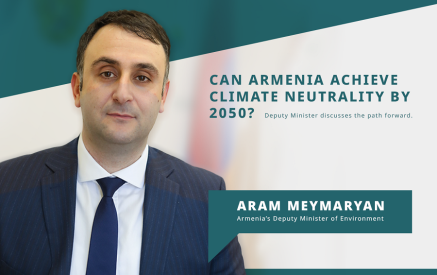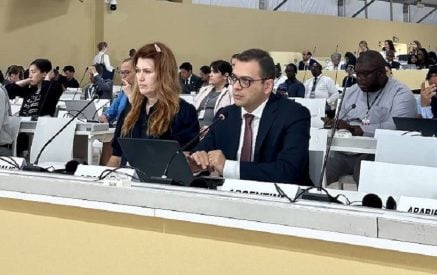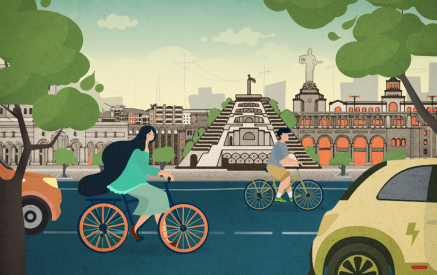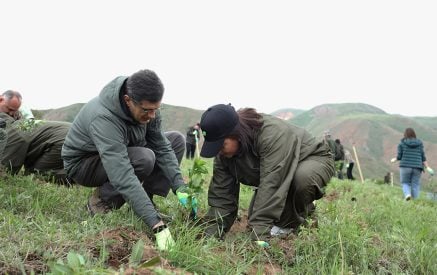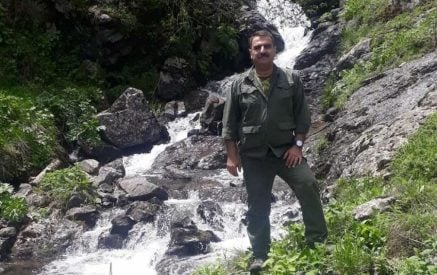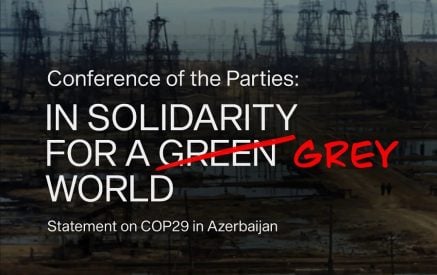Biodiversity is the root of all life, both on land and below water. It has an impact on human health, providing the air that we breathe, the water we drink, the food we eat, natural disease resistance, medicines, as well as climate change mitigation. The emergence of COVID-19 has proved that when we destroy biodiversity, we destroy the system that supports human life. Nature is sending us a message. Aptly, this year’s theme for World Environment Day is biodiversity – a concern that is both urgent and existential. Protecting nature and reversing degradation to ecosystems is at the heart of the EU Green Deal and is the rationale for the new EU biodiversity strategy for 2030.
A change in one element of the biodiversity chain may have an impact on the entire life system, with possible negative consequences. Human actions, including deforestation, encroachment on wildlife habitats, intensified agriculture, and acceleration of climate change, have pushed nature beyond its limit. Biodiversity loss will have severe implications for humanity, including the collapse of food and health systems.
The global population of wild species has fallen by 60% over the last 40 years. At least 40% of the world’s economy and 80% of the needs of the poor are derived from biological resources. This makes biodiversity loss the most critical global environmental threat alongside climate change — and the two are inextricably linked.
Tackling climate change and environmental degradation is a global problem, which requires a global response. The European Green Deal is about fighting climate change, preserving biodiversity, oceans and forests, promoting sustainable agriculture and safe food, reducing pollution, developing green cities and the circular economy.
Read also
As a core part of the European Green Deal, the EU Biodiversity Strategy for 2030 plans to protect 30% of EU land and sea, and to ensure a fair and equitable share of the benefits from the use of genetic resources linked to biodiversity, putting EU in a leading position in the world.
In a world where material use is expected to double by 2060, we must also be careful to use resources more efficiently and increase the amount sourced from recycling. The EU’s new Circular Economy Action Plan, another main building block of the European Green Deal, aims to make our economy fit for a green future; strengthen our competitiveness while protecting the environment; and give new rights to consumers.
The EU can only succeed if its efforts drive the global transition to a just, climate-neutral, resource-efficient and circular economy which respects nature. This is still the case with the COVID19 crisis. In its global response to COVID19, the EU is determined to uphold its strategic objectives on the environment and climate change, as set out in the European Green Deal, which not only remain valid, but as important as ever.
EU-Supported Environmental Initiatives – Success Stories
Le Thi Trang’s story – Vietnam
Le Thi Trang made time #ForNature. She engaged her community to protect Son Tra peninsula in Vietnam from uncontrolled tourism development, saving Vietnam’s largest population of the Endangered douc langur (Pygathrix nemaeus). Trang is one of 10 ‘hotspot heroes’ recognised , by the EU-supported Critical Ecosystem Partnership Fund for dedicating their life to protecting biodiversity.
“In particular, I believe in empowering young people to save wildlife. So I will focus on inspiring and mentoring local young conservationists to develop their careers” says La Thi Trang.
– Read Trang’s story.(link is external)
Protecting wetland resources in the Sahara
The EU-backed project “Strengthening expertise in sub-Saharan Africa on birds and their rational use for communities and their environment” (RESSOURCE) aims to improve natural resource management in the large Sahelian wetlands where local populations derive many benefits, particularly in terms of food security and local development. Waterbirds are the main natural resource targeted by the project. The RESOURCE Project coordinated by the Food and Agriculture Organization of the United Nations (FAO), is a joint initiative to ensure a sustainable environment. Read about the RESSOURCE programme (in French)(link is external).
Nirina’s Story, Madagascar
Nirina, a businesswoman and single-mother in Madagascar is training to rear poultry to avoid relying on wildlife hunting to feed her family. The EU is helping Nirina to improve food security and the conservation and sustainable use of wildlife, through the Sustainable Wildlife Management Programme.
“What I find very difficult, because I’m alone is how to raise my two daughters…I was invited to this chicken farming training course. We will no longer have food problems if the project works well, we will also earn money, and then I hope that people will see us an example to follow” Nirina explains. Watch her story:
Ensuring access to clean water and sanitation in Kiribati
The main objectives of the European Green Deal include tackling environmental crisis, in particular pollution of air, water and land. Safe drinking water must be available, sufficient, accessible, acceptable and affordable for all without discrimination. However, despite progress, billions of people still lack access to safe water and sanitation. A new partnership(link is external) has just been launched between the EU, UNICEF and the Government of Kiribati, continuing on previous collaborations, to provide improved access to water, sanitation and better hygiene for communities living in the most remote islands in Kiribati.
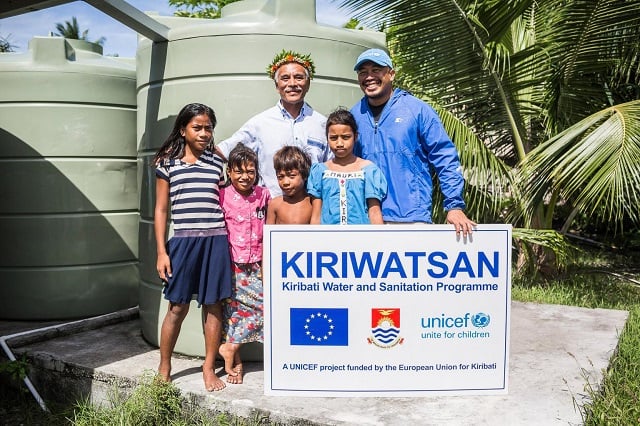
Kiribati’s former President Anote Tong, former UNICEF Country Director Cromwell Bacareza, and children from Abaiang Atoll taking a group photo in front of water tanks installed in Abaiang as a part of UNICEF-EU supported Kiribati Water and Sanitation program KIRIWATSAN, at Betio town, South Tarawa, Kiribati
Delegations make time #ForNature
EU Delegations are also committed to make time for nature as they help to implement the EU Green Deal in our partnerships around the world.
European Union




















































